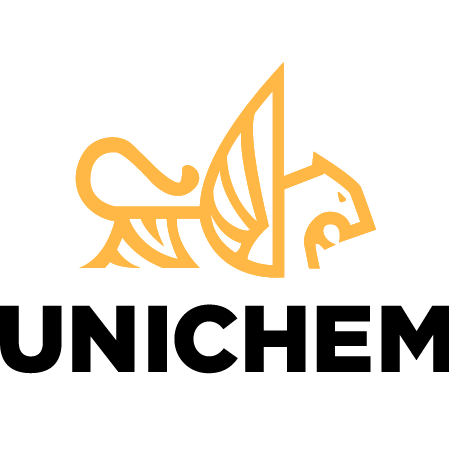 Industrial adhesives for metal bonding are becoming more popular where welded bonds and fasteners used to be the bonding method of choice. Industrial metal adhesives provide many benefits and eliminate disadvantages that come with mechanical fasteners and seals. There are various types of metals, however, and many types of metal industrial adhesives are available to meet various production requirements.
Industrial adhesives for metal bonding are becoming more popular where welded bonds and fasteners used to be the bonding method of choice. Industrial metal adhesives provide many benefits and eliminate disadvantages that come with mechanical fasteners and seals. There are various types of metals, however, and many types of metal industrial adhesives are available to meet various production requirements.
Choosing the best type of industrial adhesive for your metal bonding application can be a challenge due to the wide range of products and various unique properties.
Benefits of Industrial Metal Adhesive over Mechanical Fasteners
Joining metal substrates or laminating to metal with other materials provides key benefits over other types of assembly methods such as mechanical fasteners. Some of the most important recognized benefits of using industrial adhesives for metal bonding include:
- No need to drill holes – drilling holes to attach mechanical fasteners takes time, makes the metal weaker and provides opportunity for corrosion.
- Even stress distribution – bonding metal with adhesives distributes the stress evenly across the substrate bonded area, rather than all of the stress focused on the area of mechanical connection.
- Allows for using lighter, thinner materials – by more evenly distributing the stress across the entire bonded area, the metal substrate can be thinner and provide similar strength as a thicker piece of metal.
- Achieve sealing and bonding simultaneously – adhesives bond and can also seal to prevent fluids or moisture from seeping into final bonded, laminated products.
- Reduce vibration and noise – industrial metal adhesives significantly reduce vibration over mechanical fasteners which can loosen over time. The permanent bond reduces road noise in vehicle and transportation applications.
- Easy bonding of dissimilar materials – some mechanical fasteners do not connect well to nonmetal substrates. Industrial adhesives for metal bonding can be used for laminating to metal with various materials to achieve the same benefits above.
- Allows for greater flexibility – laminating to metal with industrial adhesives allows for product forming and flexibility without affecting the bond. This is not achievable with mechanical fasteners.
- Improved aesthetics – using industrial adhesives for metal does not alter the metal substrate with holes and does not distort or discolor the product.
- Reduced labor costs – bonding metal with industrial adhesives can reduce labor costs by eliminating the need for an assembly line to drill holes and mechanically fasten. Outsourcing to a coil coater provides even greater cost saving efficiencies.
Using industrial adhesives for bonding metal provides these benefits and others particularly when applied with coil coating application methods. An even application of high-performance metal industrial adhesives protects the substrate better against corrosion even if holes or bends are required in product manufacturing.
uniBOND Industrial Adhesive for Metal Bonding
uniBOND industrial adhesive by Universal Chemicals & Coatings, Inc., UNICHEM, is proven to improve product quality and process efficiencies in many laminating to metal applications. uniBOND is available in single stage or B-stage curing options with a wider cure latitude than other industrial adhesives. UNICHEM offers custom formulations to meet specific application requirements with 50 years of experience in developing high-performance industrial adhesives and vast market expertise.
UNICHEM is a leading custom chemical coatings and adhesive manufacturer, offering uniBOND industrial adhesive for laminating to metal, rubber, PVC, TPO, fiber composites and more. We perform rigorous product testing in our state-of-the-art facilities and testing laboratories while following strict quality policies. Contact us to learn more about improving your product quality and process efficiency with high-performance industrial adhesives for metal bonding.


